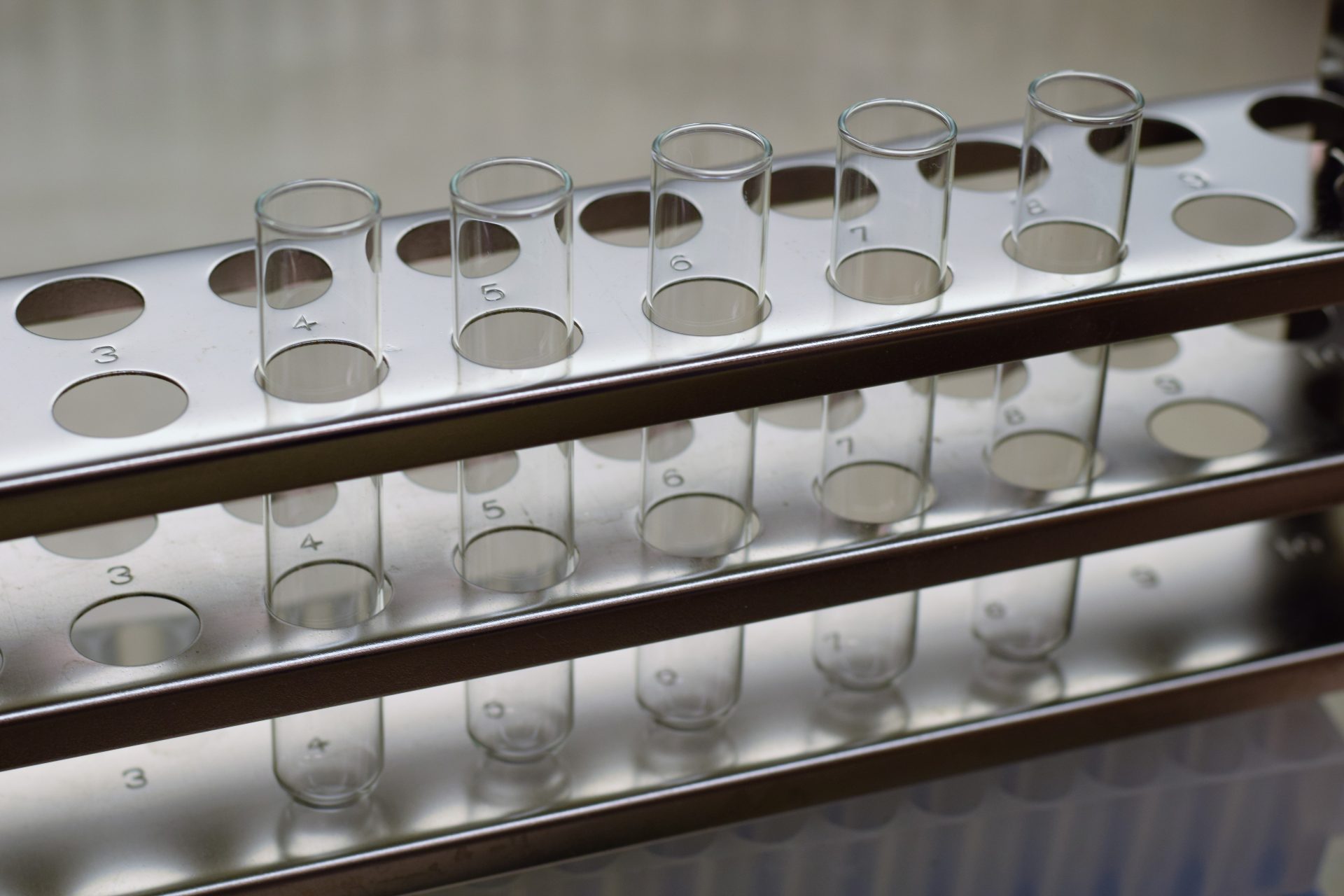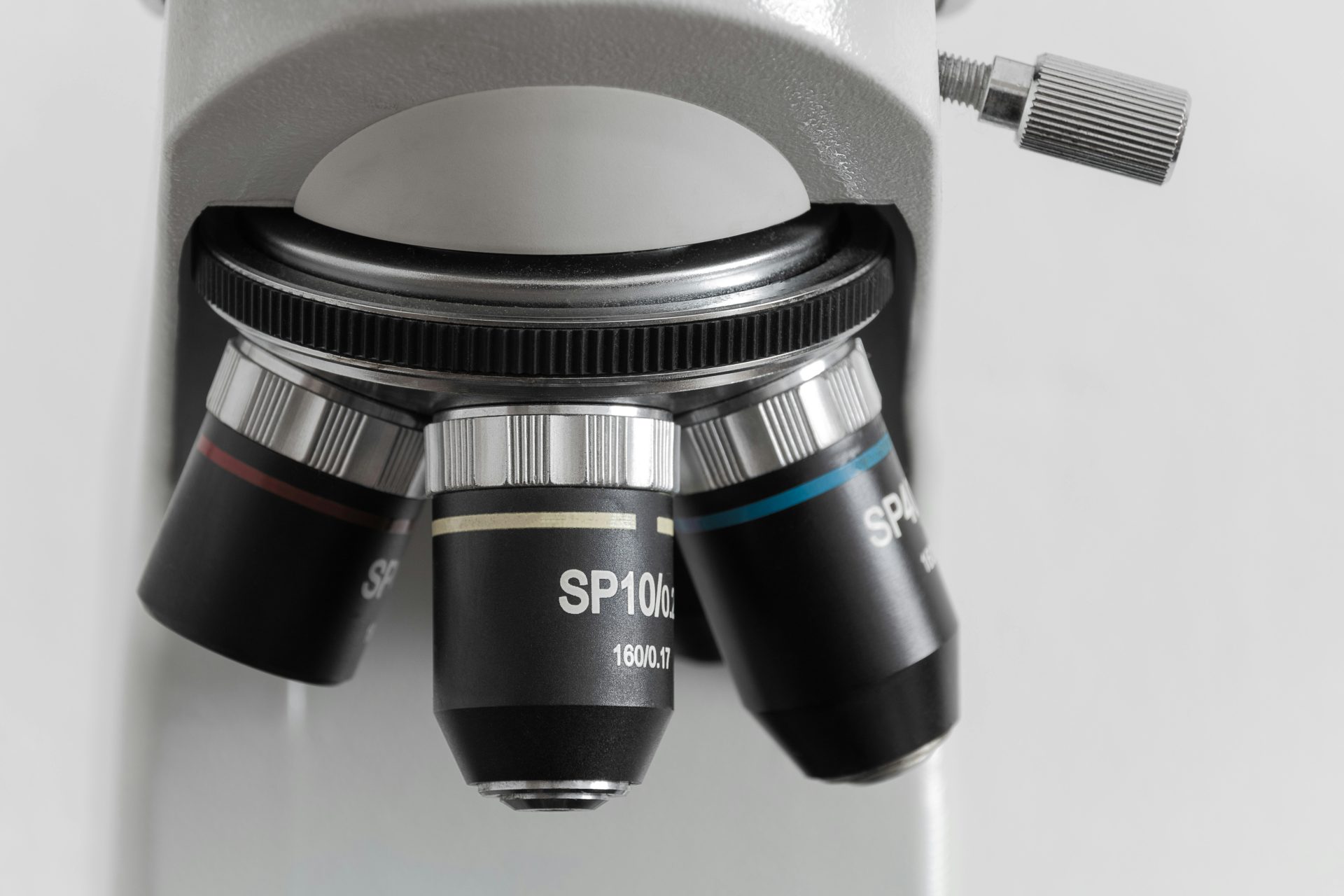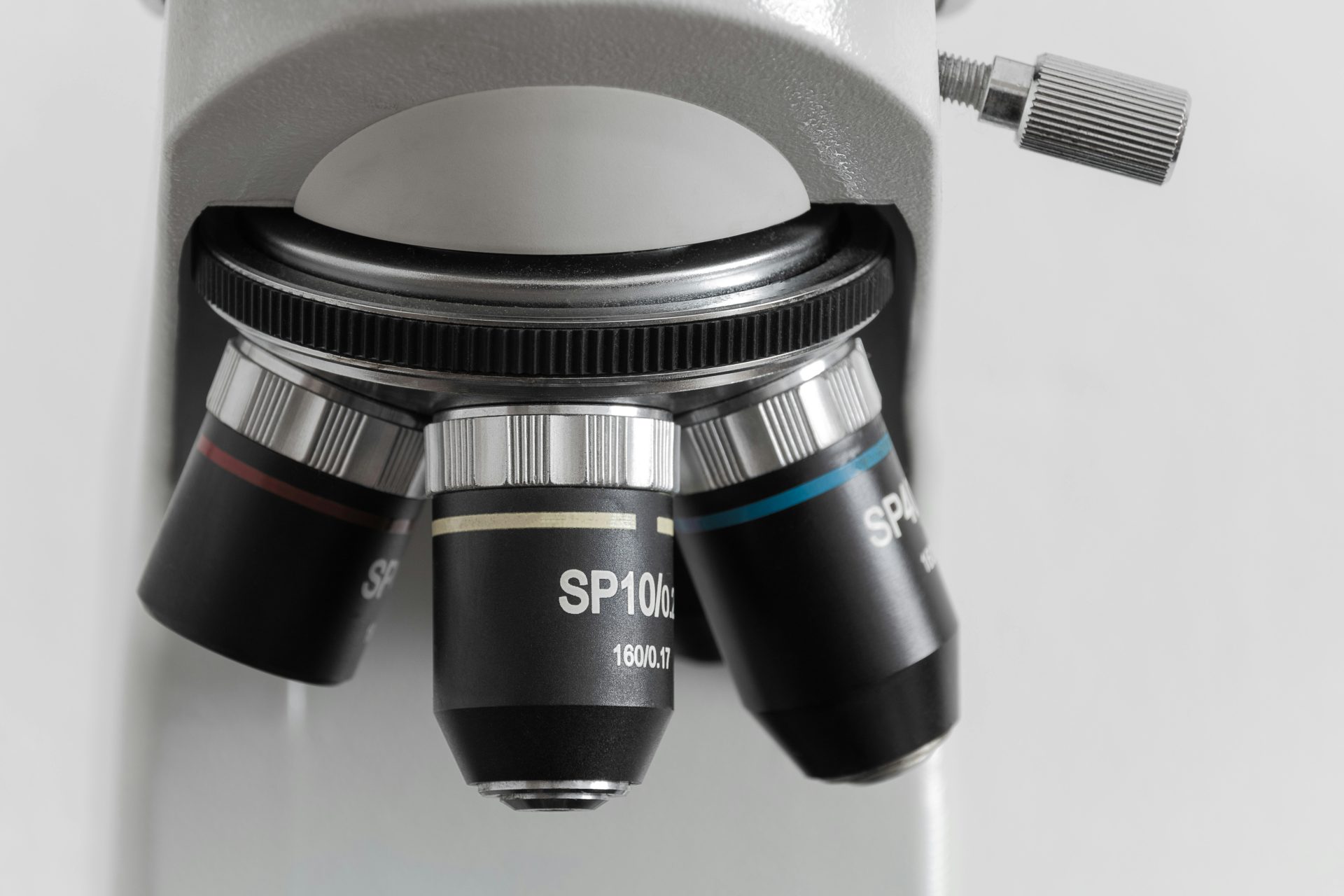Instruments and Equipments
Understanding the Role and Importance of Pressure Relief Valves (100 PSI) in Lab Safety
Why 100 PSI Matters In microbiology autoclaves and fermenters, overpressure incidents above 100 PSI account for 14 % of lab safety alerts (OSHA, … Read more
Identifying and Understanding Parts of a Scale Balance for Accurate Lab Results
Introduction Analytical and precision balances are responsible for over 70 % of quantitative measurements in microbiology labs, according to a 2024 … Read more
Metal Chamber Pipes in Microbiology Labs: Applications & Material Advantages
Overview Metal chamber pipes—typically fabricated from stainless steel or specialized alloys—form the backbone of modern microbiology laboratories. A 2023 ISO 14644 … Read more
The Essential Guide to Heated Water Baths in Microbiology: Uses & Maintenance Tips
Overview Heated water baths are indispensable in microbiology laboratories, providing precise temperature control for a wide variety of protocols. A … Read more
Thermostatic Incubators: Precise Temperature Control for Reliable Microbial Cultures
Why Temperature Precision Matters For E. coli, a ±1 °C deviation from 37 °C can change doubling time by 18% (ASM, 2024). … Read more
Sampling Valves: Importance of Stainless Steel in Microbial Sampling ProcessesSamSampling Valves: Importance of Stainless Steel in Microbial Sampling Processes
Why Stainless Steel Sampling Valves Matter Stainless steel (SS 316L) offers 99.9% corrosion resistance against common cleaning agents and maintains surface … Read more
Laminar FloLaminar Flo w Hoods in Pharmacy: Ensuring Sterile Environments for Microbial Handling
Why Laminar Flow Matters in Compounding Pharmacies The U.S. Pharmacopeia USP <797> requires ISO Class 5 air for sterile compounding. Laminar … Read more



